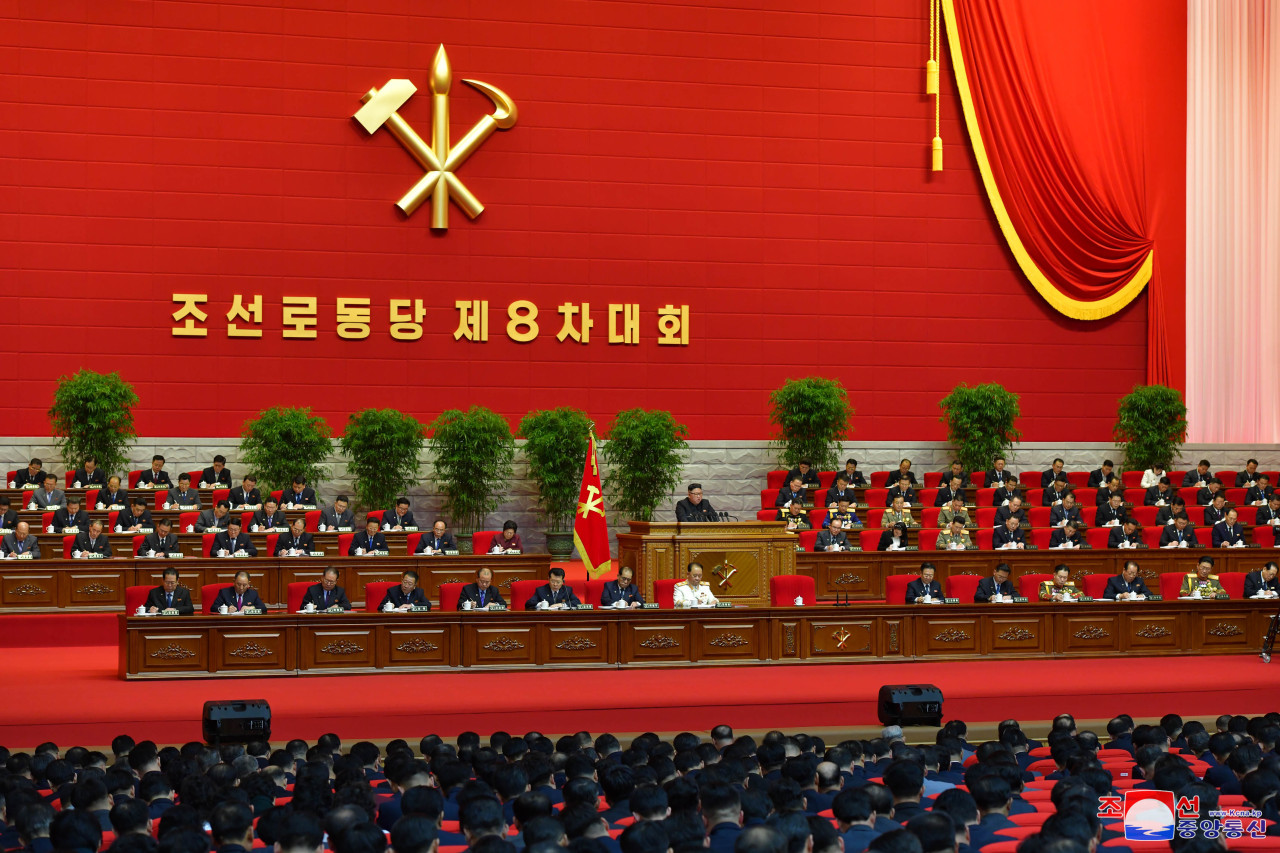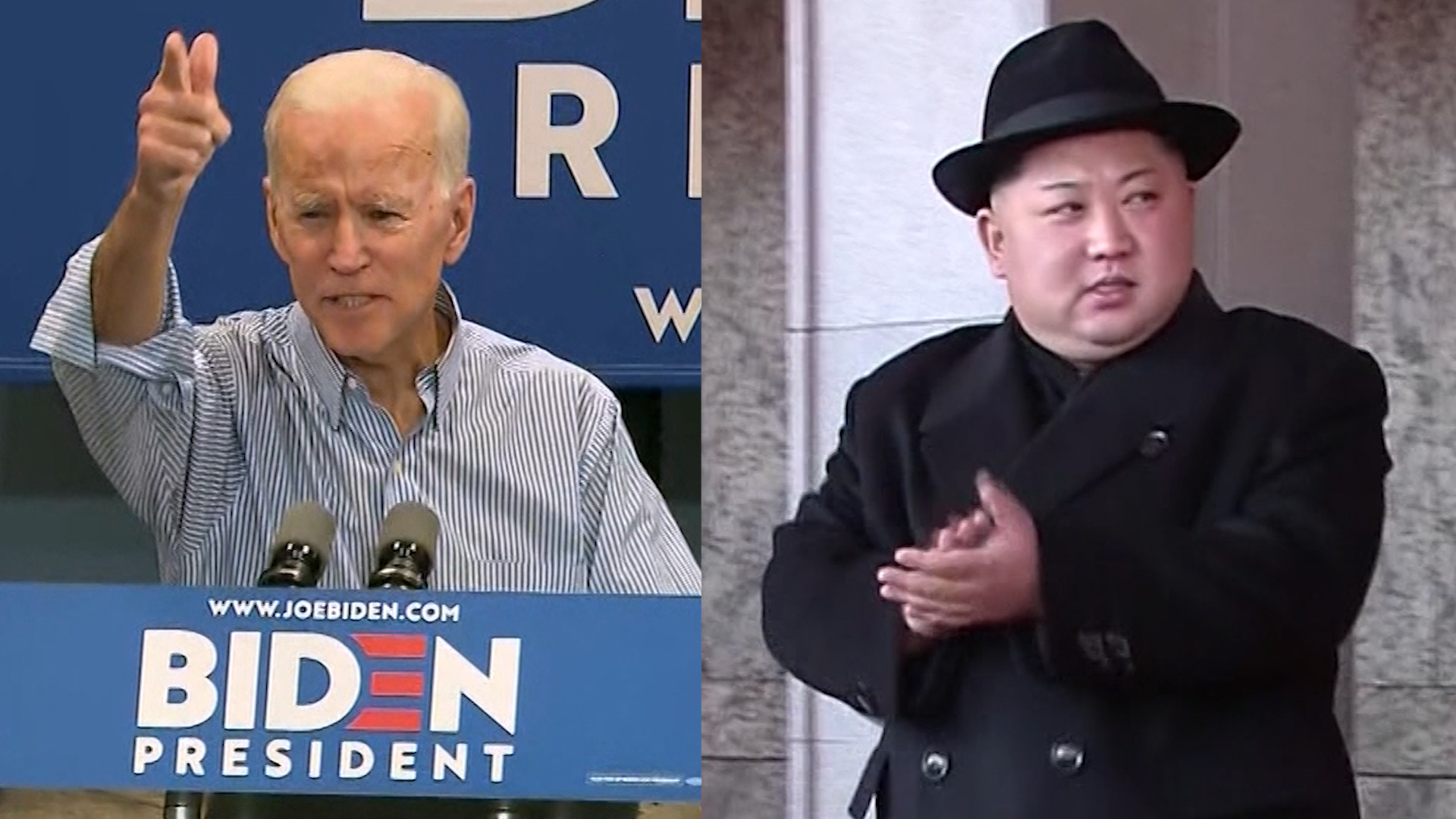
There has been way too much sensationalism about corona, so firstly, go wash your hands, drink a beer, and relax.
I was traveling for the holidays for awhile, so this is my first blog-post in awhile. Sorry.
My basic take on corona in South Korea is:
a) It is not a national catastrophe, and the foreign media has been too sensationalistic (CNN particularly). Yes, it is uncomfortable and disruptive, but it is not bringing down the state, creating panic on the streets, an apocalypse scenario like you’ve seen in zombie movies, and so on.
b) The big retrospective error will be understood as the SK president’s decision not to ban Chinese travelers. In fact, Moon Jae In still has not done that, which I find totally inexplicable beyond obvious political pressure from China not to do it
c) The disease’s spread is due in part to SK’s basic liberalism. The liberal state cannot coerce people to stay in their homes, take intrusive physical exams, throw them into camps, and so on (barring some really extreme national emergency which corona is not yet).
d) The South Koreans are actually doing a pretty admirable job in dealing with this. The population is broadly complying, and voluntarily so, with the government’s recommendations. There is no rioting, panic-buying, xenophobic explosions, and so on. As an American who was raised on the Reaganite idea that the government can’t do anything right, it is pretty damn impressive to see the deep capacity of the South Korean state and the cooperativeness of South Korean society once fully mobilized. I really doubt Americans will respond with the calm and discipline you see here.
e) The real Korean corona threat is an outbreak in North Korea. The government there is an incompetent mess when it comes to social services, and medicine is primitive for most of the country. So you know what Pyongyang will do with infected people – throw them into concentration camps to die with almost no assistance. It will be a tragedy which none of us will see.
Here is my recent writing:
1. What’s the Corona Outbreak in South Korea Like, update 1
2. What’s the Corona Outbreak in South Korea Like, update 2
3. What the US Should Learn from South Korea’s Experience with Corona
4. Corona in North Korea
5. South Korea’s China-Corona Dilemma
6. South Korea can’t just Lock Up Corona Infectees
 This is a local repost of an essay I wrote last week for The National Interest.
This is a local repost of an essay I wrote last week for The National Interest. 








